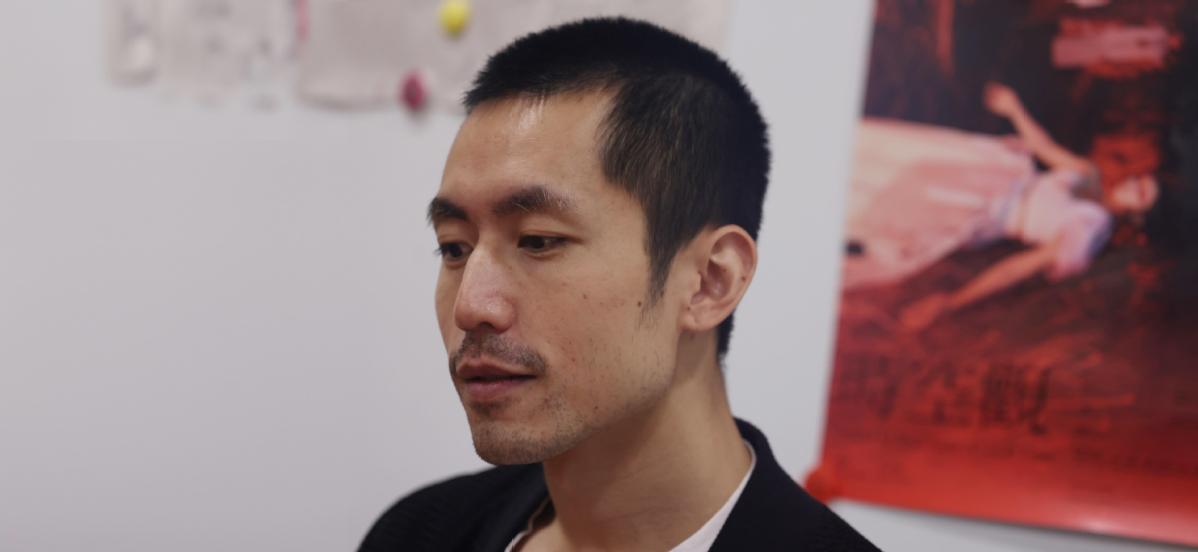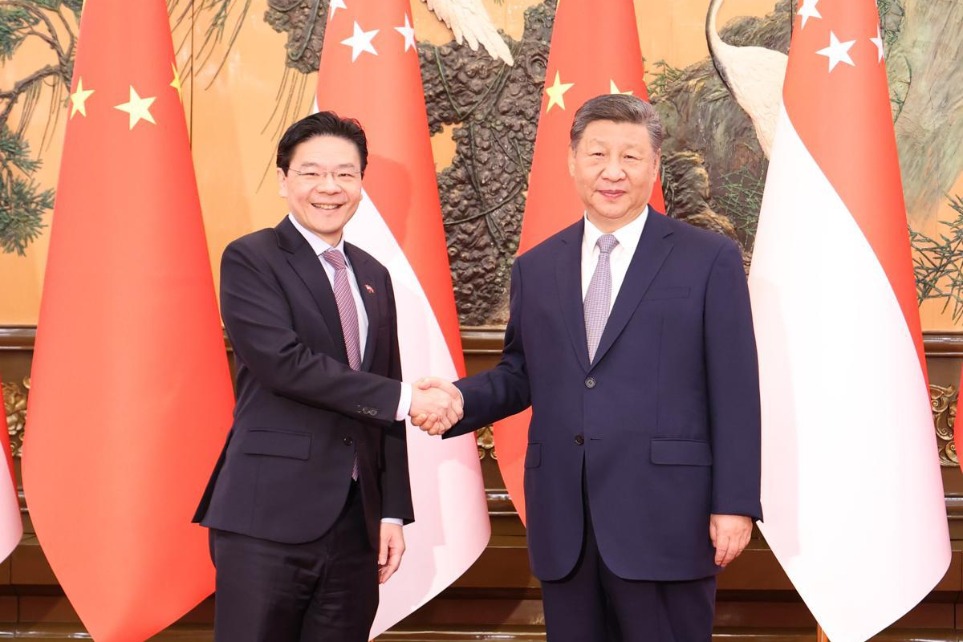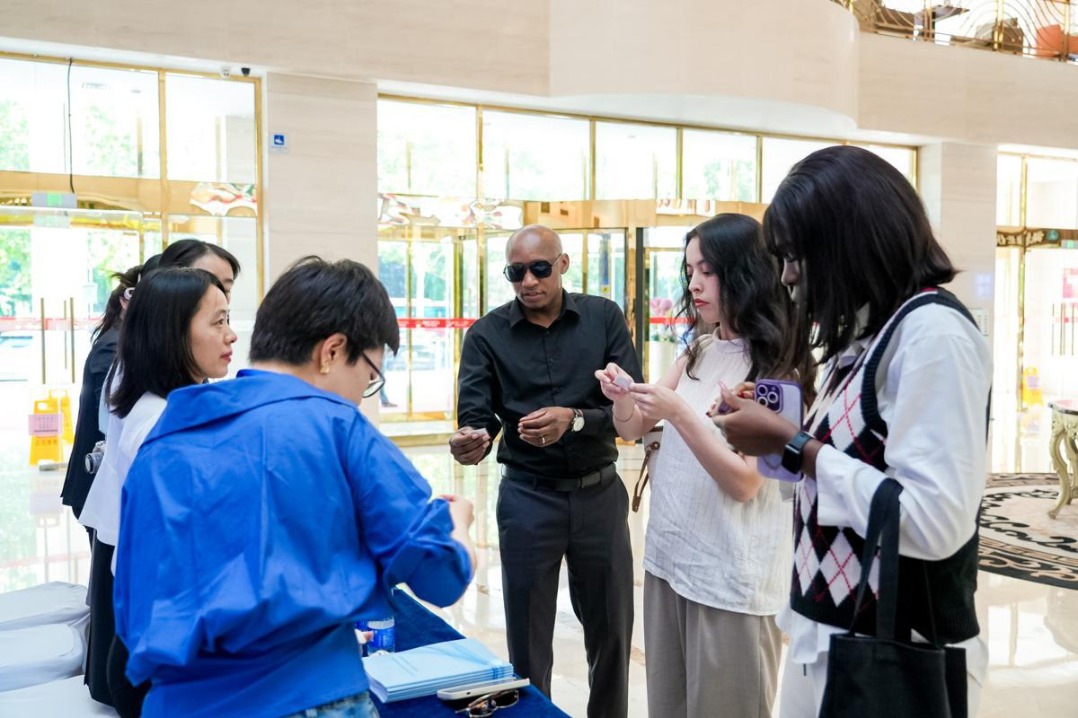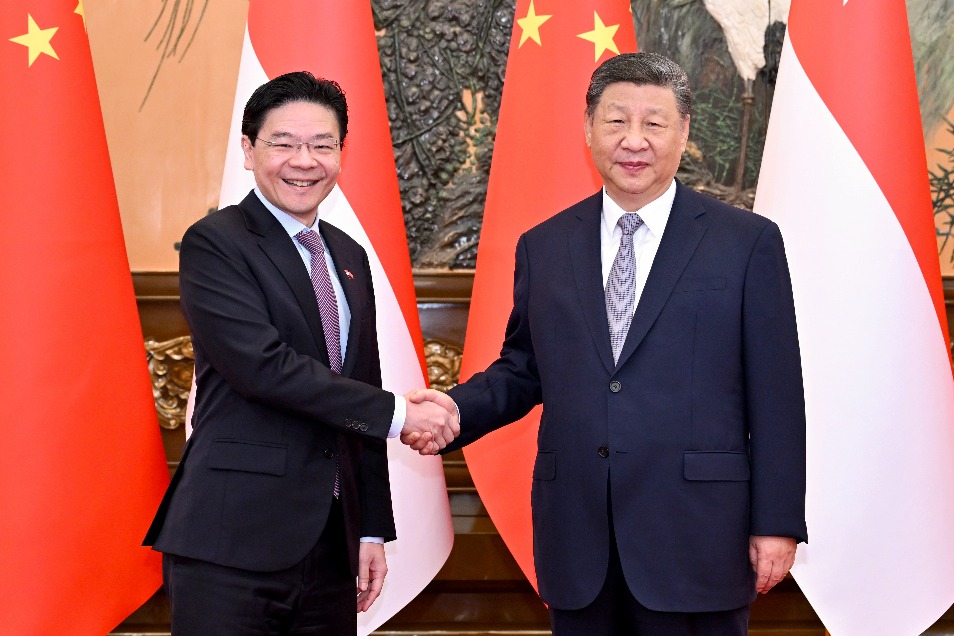Ritual feast

The second installment of our series celebrating Hong Kong artists who pulled off a remarkable feat this year - producing new works that are fresh, clever and compelling - turns the spotlight on dancer-choreographer Terry Tsang and his spectacular re-imagination of the lore that forms the basis of a Cantonese Taoist funeral ritual. Chitralekha Basu writes.

Terry Tsang King-fai's fascinating, if bizarre, imaginary landscape of hell is brought to life through striking imagery in Travel of Soul Time AFTER Time. Choreographed by Tsang, the piece sees monsters (dancers on stilts) stomp in and out of a surreal terrain through which the souls of the dead must pass. Their bodies grow protuberant digits, like aerial roots on a tree, sprouting at random. One of them carries a jumble of severed human body parts fused together and held aloft like a trophy, while another has a small human figure, perched on the shoulder, like a malignant growth. And then, suddenly, life-sized, featureless puppets are hurled down from above, accumulating in a heap on the stage. These embody the newly deceased souls who need to be escorted out of hell's gate. The task falls on a bunch of women who wear their long hair like dark curtains, obscuring their faces. It's difficult to tell if they are saviors or tormentors of the dead; scary, witch-like figures or themselves scared to death.
While the fantastic beasts and possessed women in Travel of Soul were products of the choreographer's imagination, the shamans referenced in the City Contemporary Dance Company (CCDC) production, which premiered at Kwai Tsing Theatre in May, exist in real life. "Breaking hell's gate" is an indigenous Cantonese Taoist ritual listed on the First Intangible Cultural Heritage Inventory of Hong Kong and not that uncommon a custom observed across the Pearl River Delta.
Daniel Yeung, a leading Hong Kong dancer was instrumental in pushing Tsang toward adapting the indigenous variety of dances performed at funeral rituals in Guangdong province into "a contemporary form of dance, rooted in Chinese tradition". Tsang apprenticed with scriptwriter and actor Wong Wing-sze's family, who "still performs the ritual in a professional capacity," Yeung adds.























